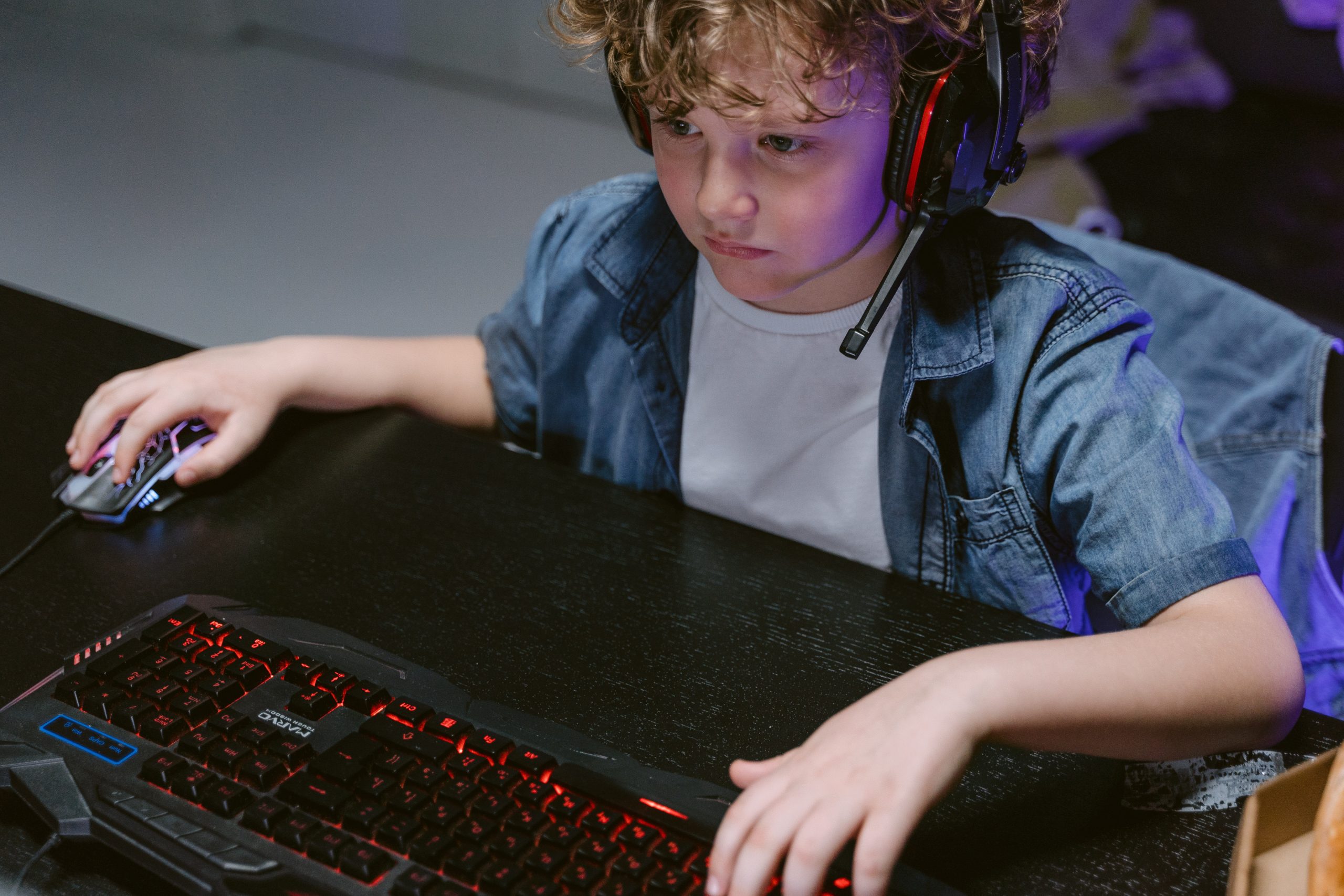 What Is Gaming Addiction?
What Is Gaming Addiction?
Gaming addiction*, also known as internet gaming disorder and gaming disorder, can be defined in several different ways depending on the source. However, most researchers and clinicians agree that the main components of gaming addiction include an inability to stop playing and significant relational, educational, occupational, or personal problems that arise because of the inability to stop playing.
While there is currently no formal internet gaming disorder diagnosis in the Diagnostic and Statistical Manual for Mental Health Disorders 5, the authors of the most recent version placed the diagnosis in the section for conditions for further study. Since then, gaming disorder was added to the newest version of the International Classification of Diseases 11.
Gaming Addiction Criteria
The criteria of gaming disorder from the ICD-11 include:
- Impaired control (e.g., failed attempts to cut or diminish gaming involvement; gaming performed in a more prolonged or intensive way than planned)
- An increasing priority given to gaming to the extent that it takes precedence over other life interests and daily activities
- A continued involvement in gaming despite negative consequences for the individual and his/her acquaintances
- Psychological distress or significant impairment in personal, family, social, professional, and/or other important areas of functioning in a period spanning at least 12 months
It should be noted that there is extensive controversy amongst researchers and clinicians about whether problematic gaming should be considered an official diagnosis. One of the main objections is that gaming addiction, or any technology addiction for that matter, might be better described as a secondary diagnosis that can result from a primary diagnosis such as anxiety or depression. Proponents of this perspective argue that addressing the underlying primary diagnosis will likely reduce the problematic gaming, thus eliminating the need for a gaming disorder diagnosis.
Others go further by questioning the use of diagnoses in the first place. Are these labels necessary to help people who, in their own words, state that problematic gaming is a concern for them? What if someone simply feels that playing too much is negatively affecting their life? Should they be denied treatment from insurance companies because they don’t qualify for an official diagnosis that might not apply to their situation, presentation, or culture? Those who argue against the use of official diagnoses state that there is no objective experience or definition of gaming problems, and that treatment should center on the subjective experience expressed by each individual seeking treatment.
Regardless of how gaming addiction is defined, the fact remains that several people and children are having problems related to gaming. To establish a plan that works best for people seeking help, a skilled clinician will understand the gamut of philosophical approaches, assessments, and treatments for problematic gaming and collaborate with clients to determine which approaches will work best for their unique situation.
Gaming Addiction Symptoms
Gaming addiction symptoms can vary significantly from person to person but there are some common symptoms that have been identified in research studies.
Some symptoms of gaming addiction can include but are not limited to:
- Frequently thinking about playing when not able to
- Unsuccessful attempts to stop playing
- Lying to others about use
- Loss of interest in previous activities
- Using to relieve negative moods
- Using to “escape” life
- Using despite knowing it is causing harm
- Headaches
- Backaches
- Sleep Deprivation
- Depression
- Anxiety
- Impulsivity
- Compulsive use
- Oppositional behaviors when asked to stop
- Aggression towards objects or others related to gaming
- Loneliness
- Feelings of isolation
- Low self-esteem
- Feeling unproductive
- Loss of relationships, jobs, or educational opportunities
Gaming Addiction Tests
Several scales have been developed by researchers to measure gaming addiction. Some examples include:
- The Gaming Disorder Test
- The Gaming Disorder Scale for Parents
- The Internet Gaming Disorder Scale
- The Internet Gaming Disorder Scale-Short Form
Gaming Addiction Treatment
Gaming addiction treatment can vary from provider to provider. The most common models focus on individualized treatment and usually have elements from cognitive-behavioral therapy and psychoeducation (when a therapist provides information on a specific subject). Prescribing psychopharmacological drugs is also a popular treatment for problematic gaming, especially within the United States.
Other approaches explore systemic elements within the gamer’s life to help them gain a better understanding of what might be maintaining their problematic use. For example, studies have shown that having poor relationships can contribute to gaming addiction, as playing can serve as an effective coping skill to manage feelings of relational distress and isolation. By understanding how systemic elements like relationships can be contributing to video game addiction, therapists can help alleviate problematic use by improving other aspects of the gamer’s life. Family dynamics, work environment, and culture are other examples of systemic elements that are often worth exploring in therapy.
At the Center for Technology Wellness, we believe that people want a healthy relationship with technology. We also believe that people want to feel fulfilled in their lives. By combining individual and systemic treatments supported by a harm reduction philosophy, we believe that we can help people express their unique concerns with gaming, develop a treatment plan that works for their busy life, and implement interventions that can improve their relationship with gaming.
Some of our assessments and interventions include:
- Helping people define what “problematic usage” means to them or their loved ones
- Using gaming addiction scales developed by researchers to gain a better understanding of symptoms and potential treatment options
- Determining “green, yellow, and red zone use” to provide clarity on when a gamer is using video games in healthy, cautionary, and concerning ways
- Assessing how other mental health issues could be contributing to problematic gaming (e.g., gaming anxiety, gaming depression, social anxiety, impulsivity)
- Exploring the internal world that gamer’s experience to gain a better understanding of what they love about games and what they might be obtaining from them when using in healthy and unhealthy ways
- Discussing gameplay avatars to better understand how a person identifies in virtual and real-world settings
- Identifying emotional, cognitive, behavioral, and environmental cues that lead to problematic use
- Practicing ways to recognize these cues to curb problematic use and divert energy to other fulfilling activities
- Constructing a support network of family members, friends, and professionals who can have the gamer’s back as they seek a more fulfilling life
Contact The Center for Technology Wellness for Your Free Gaming Addiction Consultation Today!
Are you or your child suffering from Gaming Addiction? Need Gaming Addiction help?Contact The Center For Technology Wellness for for your free consultation today!
*The term “addiction” in relation to technology is controversial amongst researchers and clinicians. Although some are attempting to use terms “addiction” and “disorder” to describe problematic usage of technology to develop scales and diagnoses for clinical settings, others contend that these terms are inappropriate for several reasons (e.g., they could stigmatize people, they mislead people into thinking substance addictions are identical to technology addictions).
These terms are used on this site because it is the language that most people commonly use when seeking information and help on this topic. At the Center for Technology Wellness, we use the preferred terminology of our clients, whether it includes more diagnostic terms like “addiction” and “disorder,” or simple descriptions provided by our clients (e.g., “I feel like I’m watching Tik Tok too much”).
